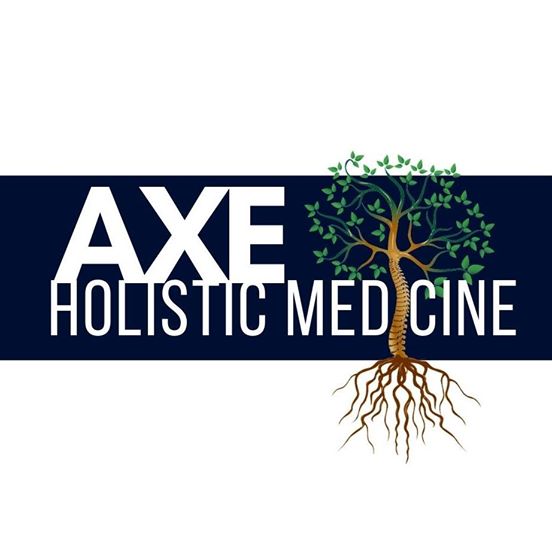If you’re looking for holistic medicine, you may want to be aware of some of the top warnings. Holistic medicine is based on the belief that the whole person is affected by their environment and their health. However, there are some potential dangers to consider if you’re considering holistic medicine as an option for your health. Here are the top 10 holistic medicine warnings for you.
1. Lack of Scientific Evidence:
Some holistic treatments may lack substantial scientific evidence to support their effectiveness and safety. Before embarking on any holistic therapy, research the evidence behind it and consult with healthcare professionals to make informed decisions.
2. Delaying Conventional Treatment:
Relying solely on holistic medicine without proper evaluation and diagnosis by qualified medical professionals may lead to delayed or inadequate treatment of underlying health conditions.
3. False Claims:
Be cautious of exaggerated or unrealistic claims made by practitioners or products within the holistic medicine field. Not all treatments may deliver the results promised, and some might even be harmful.
4. Interactions with Conventional Medicine:
Certain holistic therapies, herbs, or supplements may interact with medications prescribed by your doctor. Always inform your healthcare provider about any holistic treatments you are considering to prevent adverse interactions.
5. Unlicensed Practitioners:
Ensure that the holistic medicine practitioner you choose is licensed, certified, and has appropriate qualifications. Unqualified practitioners may not have the necessary expertise to provide safe and effective treatments.
6. Allergic Reactions or Side Effects:
Natural does not always mean safe. Some herbs, supplements, or therapies used in holistic medicine may cause allergic reactions or side effects, especially when used inappropriately or in combination with other substances.
7. Financial Implications:
Holistic medicine may not always be covered by insurance, leading to out-of-pocket expenses. Be prepared for potential financial implications and weigh the cost versus benefits of the treatment.
8. Individual Responses Vary:
Each person’s body and health conditions are unique, leading to varying responses to holistic treatments. What works for one individual may not work the same way for another.
9. Psychological Effects:
Some holistic therapies may have psychological benefits but may not necessarily address the root cause of the health issue. Be mindful of the distinction between symptom relief and true healing.
10. Misdiagnosis or Inadequate Diagnosis:
Holistic practitioners may not have the same diagnostic capabilities as medical doctors, leading to potential misdiagnosis or overlooking underlying health problems.
In conclusion, holistic medicine can offer alternative approaches to healthcare, but it’s essential to be aware of potential warnings and risks. Thorough research, open communication with healthcare providers, and informed decision-making are crucial when considering holistic therapies. A balanced approach that integrates conventional medicine and holistic practices, guided by qualified professionals, can lead to the most comprehensive and effective health management. Remember, your well-being is a priority, and seeking evidence-based, safe, and suitable treatments is essential for your overall health and happiness.
